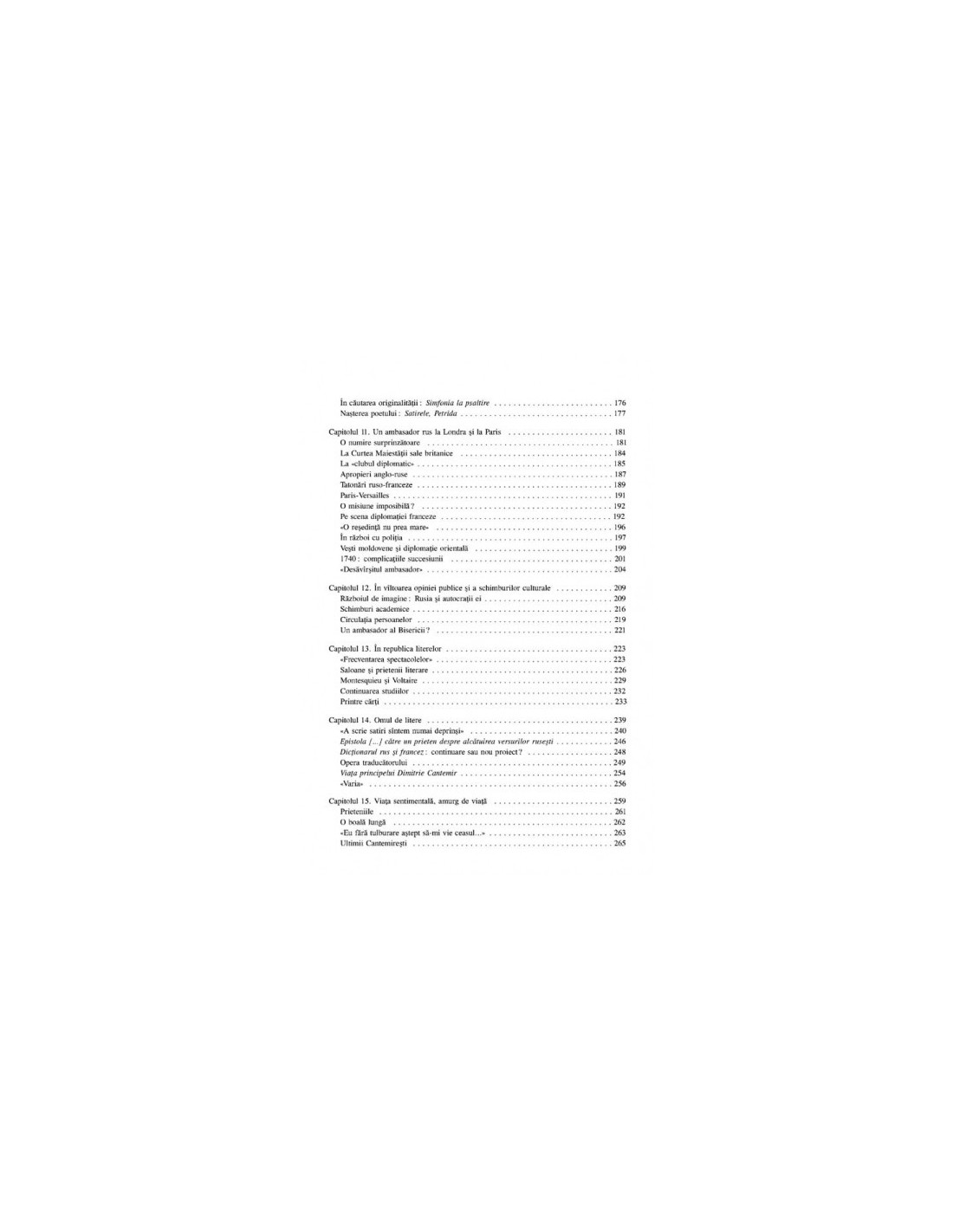


In the totality of her invention, and the deadpan confidence with which she describes these wild creations, Harvey has more in common with fiction writers like Donald Barthelme and George Saunders (who blurbed the book) than with other modern poetseven fellow absurdists like Kenneth Koch and Mina Loy. Even lovely flowers are made of ham, “each petal a little meat sunset.” Human bodies sprout electric sockets (“First the prong marks appeared on my cheeks as if someone had scratched equals signs under my eyes”) animals are halved and re-formed into hybrids or discarded at the Empty Pet factory. Moons, meanwhile, bereft of their planets, suffer the indignity of orbiting the dinner plates that emerge from a restaurant’s kitchen.

The idiosyncratic world they inhabit reflects maddeningly back on our own: The sun (“yellow provocateur”) materializes beneath an umbrella only to be dumped at a lighting store (“Let it feel like everyone else”). In Modern Life, each reads like a stern and glorious fable of freakishness. And this lack of authorial direction is precisely why her poems are so wonderful. Poet Matthea Harvey creates a universe of her own but doesn’t post signs telling readers how to get there or get around after arriving.


 0 kommentar(er)
0 kommentar(er)
